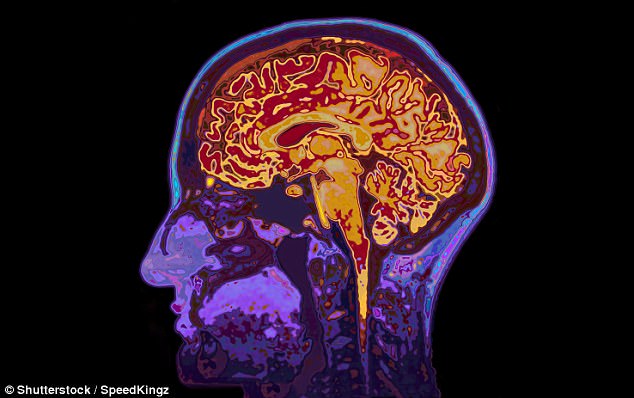How the brain keeps time: Scientists discover networks of neurons that stretch and compress to track tempo
Whether it’s playing the piano or swinging a tennis racket, timing is critical for a number of activities.
Now, scientists believe they have discovered the key mechanism in the brain that controls this precise timing, according to Daily Mail.
Their findings suggest that timing is controlled by neurons that compress or stretch out the steps they take to generate a behaviour at a specific time.
While previous studies have suggested that the control over timing is achieved through a centralised pacemaker, researchers suggest that this may not be the case.
In a new study, the researchers suggest that timekeeping instead may rely on the neurons responsible for producing a specific action.
Depending on the time interval required, these neurons compress or stretch out the steps they take, to generate the behaviour at a specific time, according to the researchers.
Dr Mehrdad Jazayeri, senior author of the study, said: ‘What we found is that it’s a very active process. The brain is not passively waiting for a clock to reach a particular point.’
In the study, the researchers challenged the theory that timing is control by an internal clock.
Dr Jazayeri said: ‘People now question why would the brain want to spend the time and energy to generate a clock when it’s not always needed.
For certain behaviours you need to do timing, so perhaps the parts of the brain that subserve these functions can also do timing.’
To explore this possibility, the researchers recorded activity from three brain regions in animals as they performed a task at two different time intervals – 850 milliseconds or 1,500 milliseconds.
During these intervals, the researchers found a complex pattern of activity.
Some neurons fired faster, some slower, and others oscillated.
But the researchers found that no matter the neurons’ response, the rate at which they adjusted their activity depended on the time interval needed.
When a longer interval was required, each neuron’s trajectory was ‘stretched’, meaning the neurons took more time to complete their activity.
But when the interval was shorter, the trajectory was compressed.
Dr Jazayeri explained: ‘What we found is that the brain doesn’t change the trajectory when the interval changes, it just changes the speed with which it goes from the initial internal state to the final state.’
The researchers focused on three brain regions – the dorsomedial frontal cortex, which is involved in many cognitive processes, the caudate, which is involved in motor control and learning, and the thalamus which relays motor and sensory signals.
They found the distinctive neural pattern in both the dorsomedial frontal cortex and the caudate.
But in the thalamus they found a different pattern – instead of altering the speed of their trajectory, the neurons simply increased or decreased their firing rate.
This suggests that the thalamus is instructing the cortex on how to adjust its activity to generate a certain interval.
The researchers now hope to explore this mechanism further to understand how our expectations influence our ability to produce different intervals.
N.H.Kh

